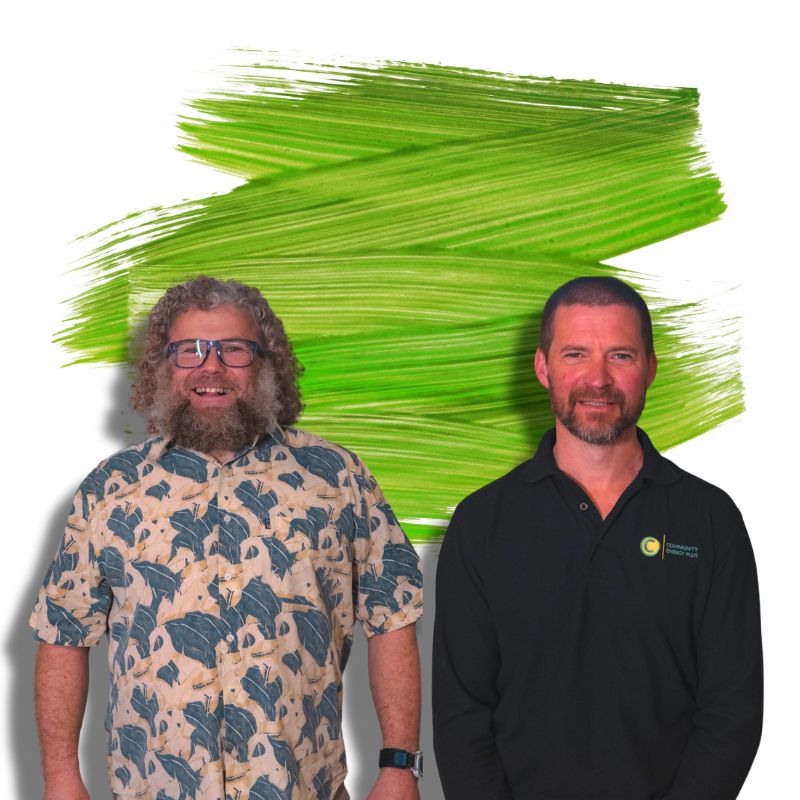18 June 2025
01:02:02
Stephen Murphy
OVERVIEW:
Curly Steve and Stephen Murphy discuss the impact of home energy use on the UK's carbon emissions, which accounts for 20%. Stephen, a low carbon energy advisor, emphasizes the importance of insulation, particularly loft and solid wall insulation, and the benefits of heat pumps over traditional heating systems. He highlights the role of Community Energy Plus in guiding homeowners through retrofitting processes, including grants and financing options like the Boiler Upgrade Scheme. Stephen also stresses the need for proper ventilation and moisture control during retrofits. The conversation concludes with practical tips for reducing energy use and the importance of starting the retrofitting journey.TOPICS
UncategorisedAVAILABLE ON:

WATCH ON YOUTUBE
The Chat
The Guest: Steven Murphy
Low-Carbon Energy Adviser at Community Energy Plus
The Chat
Growing Up Surrounded by Nature
Steven shares stories of his childhood in post-apartheid South Africa, where powerful social change met the raw beauty of nature. Surfing, wildlife, and the occasional shark sighting all played their part in shaping his early sense of connection with the environment.
From Consumerism to Campaigning
A pivotal university lecturer helped Steven see beyond advertising and consumerism, prompting a move into environmental campaigning. His work with Greenpeace and Christian Aid took him to international climate talks, where he saw first-hand both the possibilities and the frustrations of global climate policy.
The Personal is Political
Now based in Cornwall with two young children, Steven explains how fatherhood motivates his climate work. He reflects on how our everyday lives are already being shaped by a changed climate, and why normalising sustainability is the key to real change.
Contradictions and Imperfection
From flying to family and the lure of a fast car, Steven is honest about the tensions in living sustainably. He argues for a more forgiving, practical approach: doing what we can, owning our contradictions, and remembering that none of us are perfect.
Retrofitting Homes, Simply Explained
Steven breaks down what retrofitting really means, and how Community Energy Plus supports people through the maze of upgrades, insulation, grants, and planning. He outlines why insulation comes first, what heat pumps actually do, and what pitfalls to avoid.
Cornwall’s Energy Challenge
With its old housing stock and off-grid communities, Cornwall faces unique challenges in home energy. Steven explains how targeted support, smart planning, and better information can make a real difference.
Steven’s Top Achievable Tips
-
Start Planning Your Retrofit Journey: Approach it like any other home project. Think ahead, do what’s easy first, and get support where needed.
-
Insulate, Insulate, Insulate: Always start with the fabric of the building. Loft insulation, walls, and draft proofing all help.
-
Understand Your Energy Use: Use your in-home display to track usage. Small changes can lead to big savings.
-
Reduce Demand: Use heated throws, lower thermostats, and energy-efficient appliances.
-
Talk to a Professional: Community Energy Plus offers free, impartial advice to help you make the right choices.
Steven’s Evidence
-
National Grid Net Zero Community Guide: Produced with Wadebridge Renewable Energy Network and NZCOM, this guide supports communities working towards net zero.
-
Cornwall Climate Care Film – Power to the People: A locally made film exploring the region’s energy transition, available on YouTube.
-
Cornwall’s Housing Decarbonisation Strategy: A clear plan from the local authority on decarbonising housing, setting an example for other counties.
What One Thing Can We Do Today to Make a Better Tomorrow?
Take the first step. Whether it’s digging out your in-home display, turning down the thermostat, or calling an adviser, just start. That’s how the journey begins.
Contact Details
-
Website: www.cep.org.uk
-
Email: [email protected]
-
Phone: 0800 954 1956
-
YouTube (for films): Search “Cornwall Climate Care”


